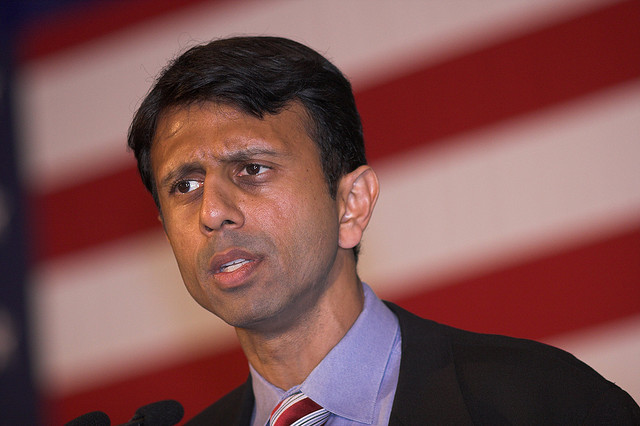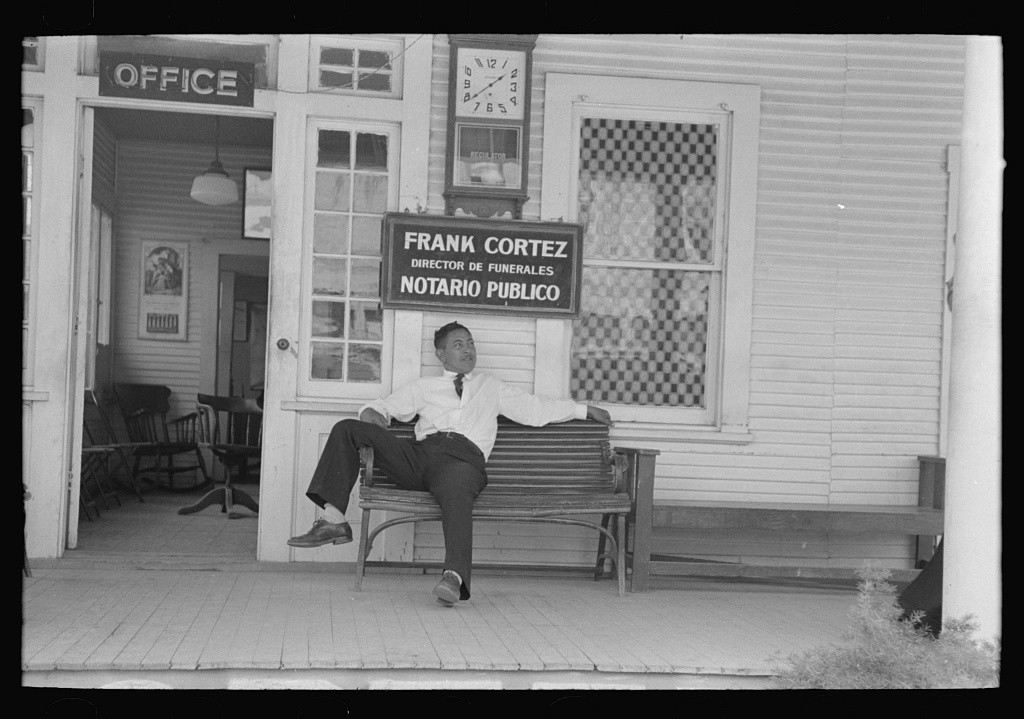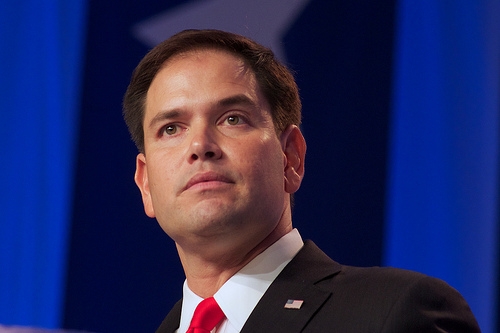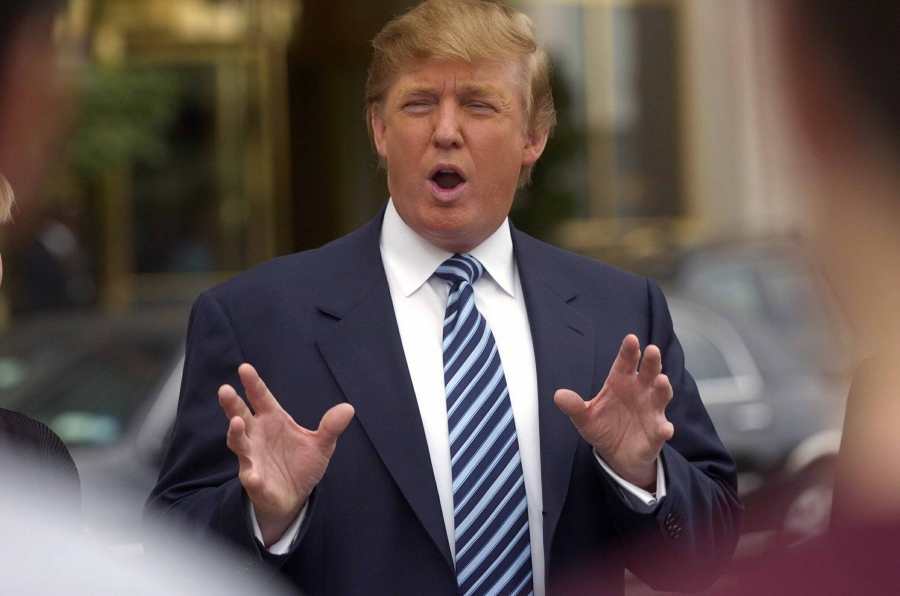Hillary stands with Latinos, apparently. She wrote an op-ed declaring her solidarity with Latinas/os and she tweets in Spanish.
But, there is still a problem with Hillary’s message. Her historicity is unmoored which allows for the creation of a happier, rosier, kinder story of the nation. Instead of delving into the complicated, controversial American past, she provides an exceptionalist vision of America that is misremembered to explain why America has been great, why America is great, and why America will be great in the future. She writes:
Will we continue to be a country that is proud of our immigrant heritage? That continues to welcome the struggling, the striving, and the successful to our shores? That continues to offer unparalleled opportunities and freedoms to all? Or will we make among the biggest mistakes we could by turning our backs on the world and allowing hatred to turn into policy?

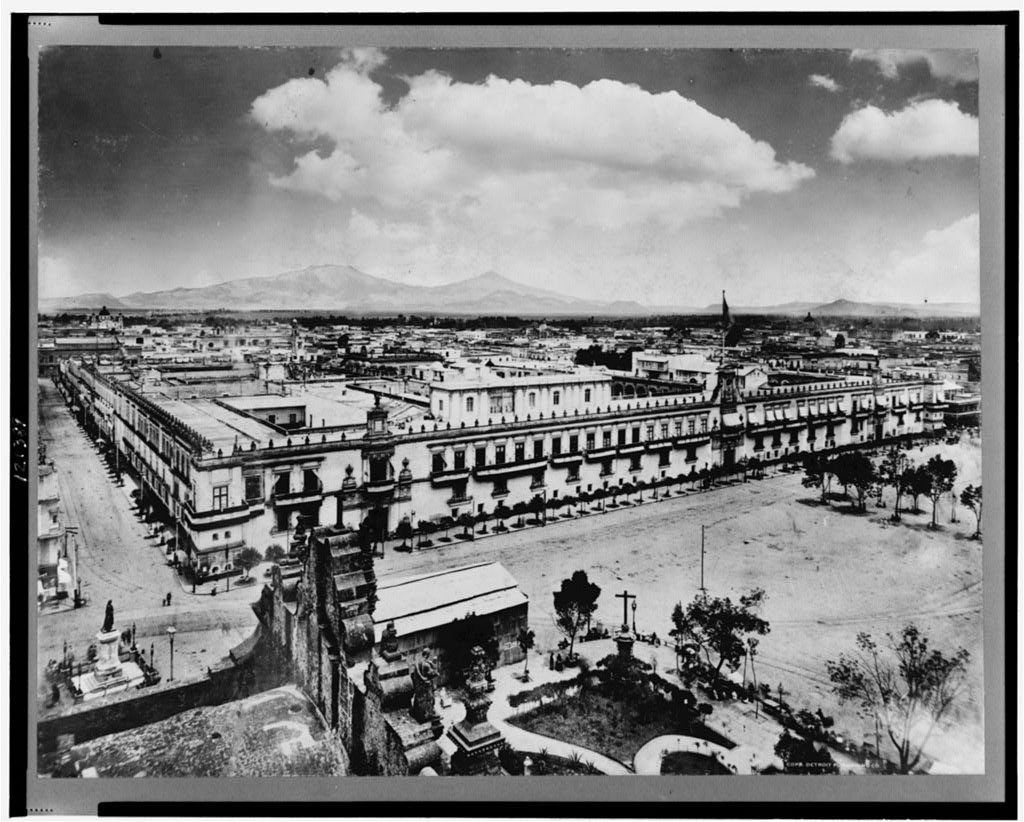
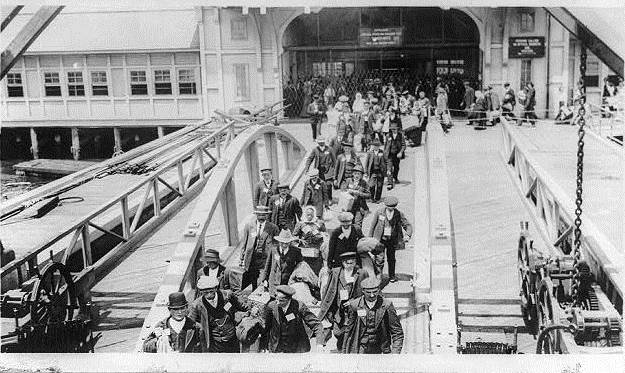
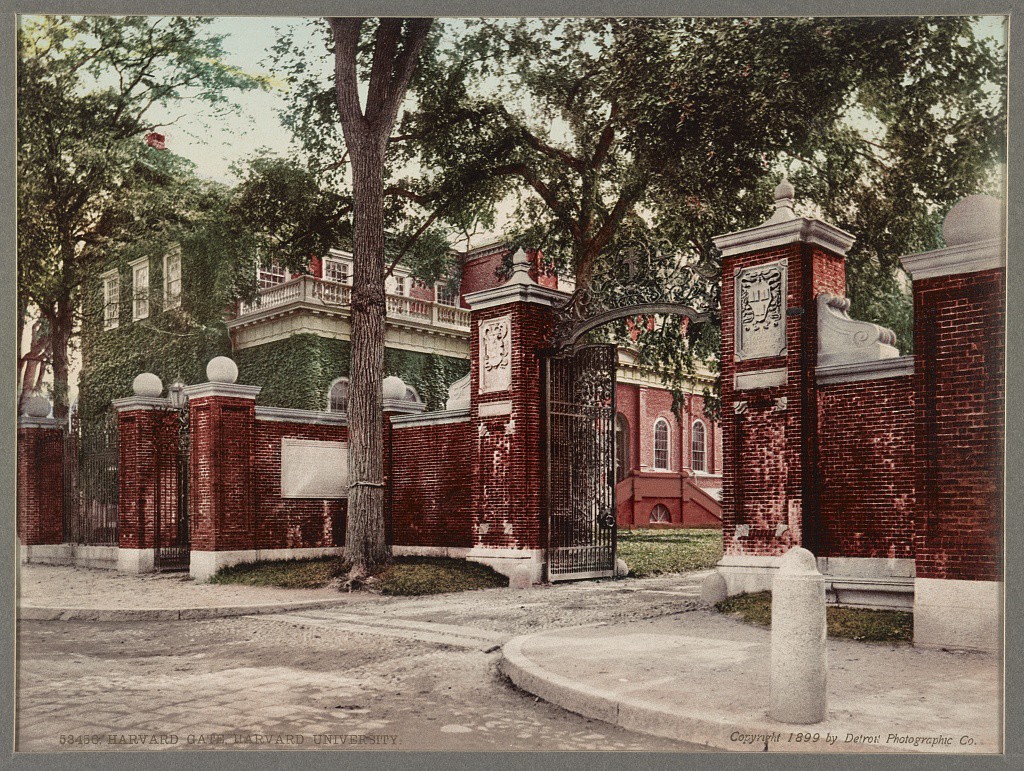 William Deresiewicz’s incisive
William Deresiewicz’s incisive 